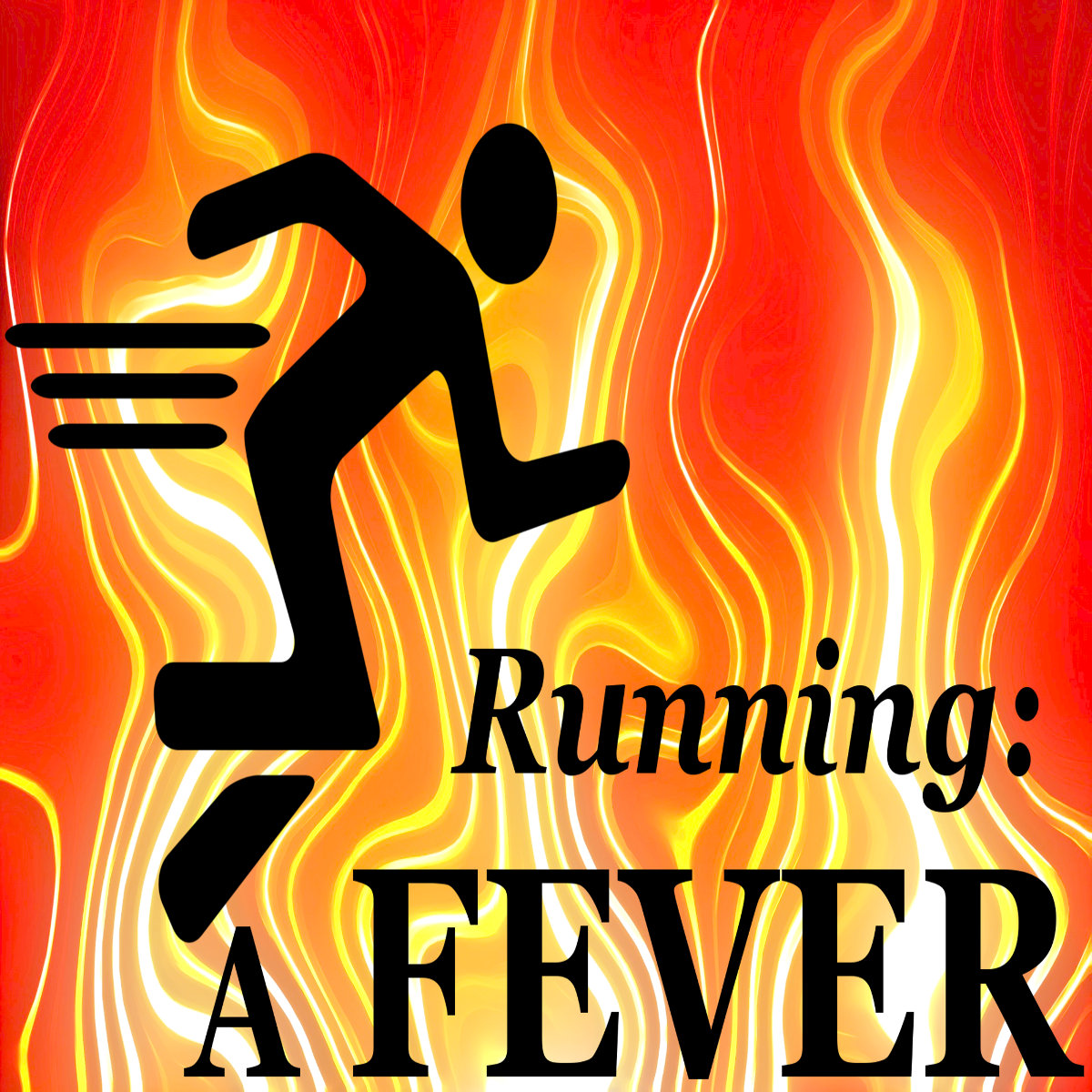This is a first in a series of five episodes that will take an in-depth look at one of the brain chemicals first mentioned in Episode 139 (http://RunningAFEVER.com/139).
Endorphins are defined as any of a group of hormones secreted within the brain and nervous system and having a number of physiological functions. They are peptides which activate the body’s opiate receptors, causing an analgesic effect.
What does that mean? It’s gets you high! These are chemicals that work inside the nervous system, and act very much like morphine and codeine. According to the articles I read, endorphins are not addictive though. I’m not so sure. In fact exercise addiction is listed as a disease in the DSM, which is the official book of psychological diseases.
So, how do you know if you’re addicted to exercise? I’ve described myself as a fitness nut, which sounds like I have a psychological disorder, but let’s look at the official definition.
Exercise addition is characterized by the following:
1. Tolerance (you need to excercise more or longer to get the high)
2. Withdrawal (you freak out if you have to miss a workout)
3. Intention effects (you cancel dinner with friends so you can hit the gym)
4. Lack of control (you can’t skip a workout even if you want to)
Basically, like all addictions, when it starts to have negative effects, you may have a problem.
Speaking of opiates, and interesting article in the Hawaii Journal of Medicine discusses how taking opiates reduces the release of endorphins, and can actually cause more sensitivity to pain when we stop taking them. Kind of a side note. You want to avoid opiates if you can, I think, except for very short term use.
On a more positive note, studies show regular exercise correlates to lower rates of depression and anxiety, improve sleep, reduce stress, and boost self-esteem.
There are at least 20 different types of endorphins. But you don’t have to exercise at all to turn on the endorphin drip… some other ways are:
1. Eat peppers. The spicier they are, the more endorphins are released.
2. Eat chocolate. There’s a reason why we like it so much, especially when we’re stressed.
3. Have sex.
4. Meditate.
5. Get acupuncture.
6. Get a massage.
So go get some endorphins, but be aware that you could be addicted.
Sources:
Shape
https://www.shape.com/fitness/cardio/runners-high-strong-drug-high
NIH
https://www.ncbi.nlm.nih.gov/pmc/articles/PMC3104618/
WebMD
https://www.webmd.com/depression/guide/exercise-depression#1
MedicineNet
https://www.medicinenet.com/endorphins_natural_pain_and_stress_fighters/views.htm
Google:
https://www.google.com/search?q=endorphins&rlz=1C1SQJL_enUS815US815&oq=endorphi&aqs=chrome.0.0j69i57j0l4.1799j0j7&sourceid=chrome&ie=UTF-8
Simon Sinek Speech
https://www.youtube.com/watch?v=lmyZMtPVodo
Simon Sinek Book
https://amzn.to/2WqCsWT
